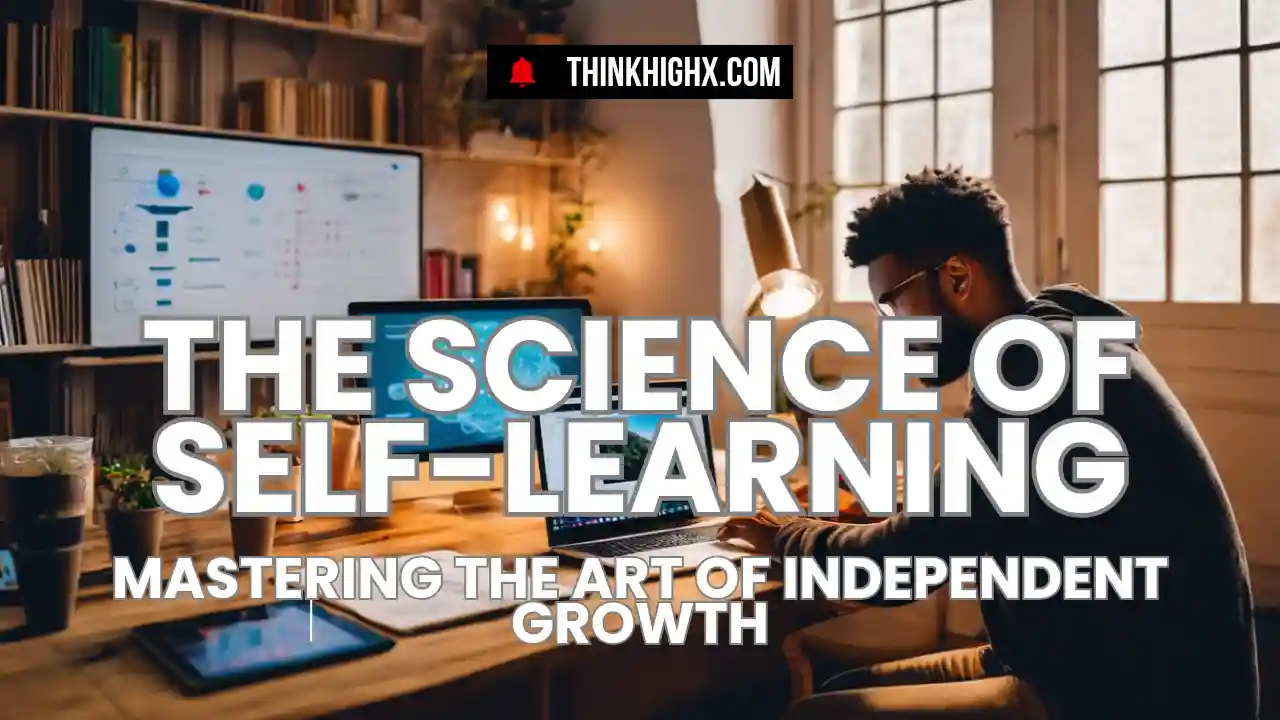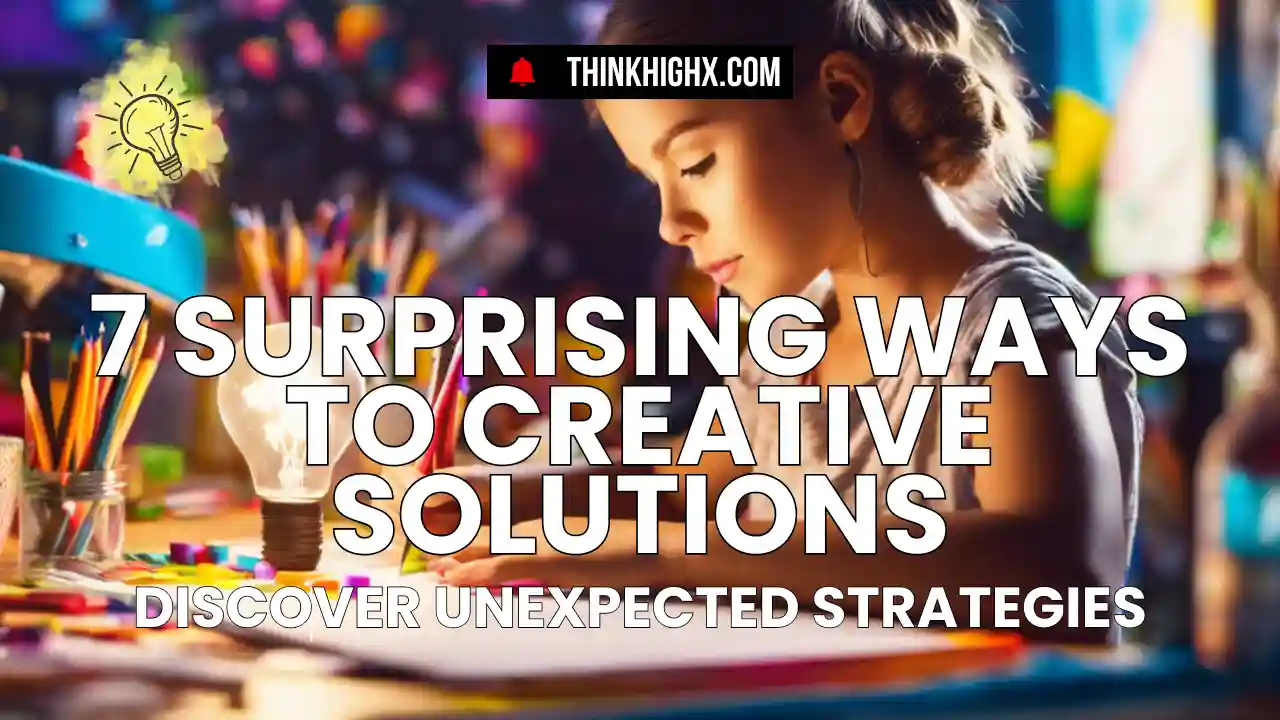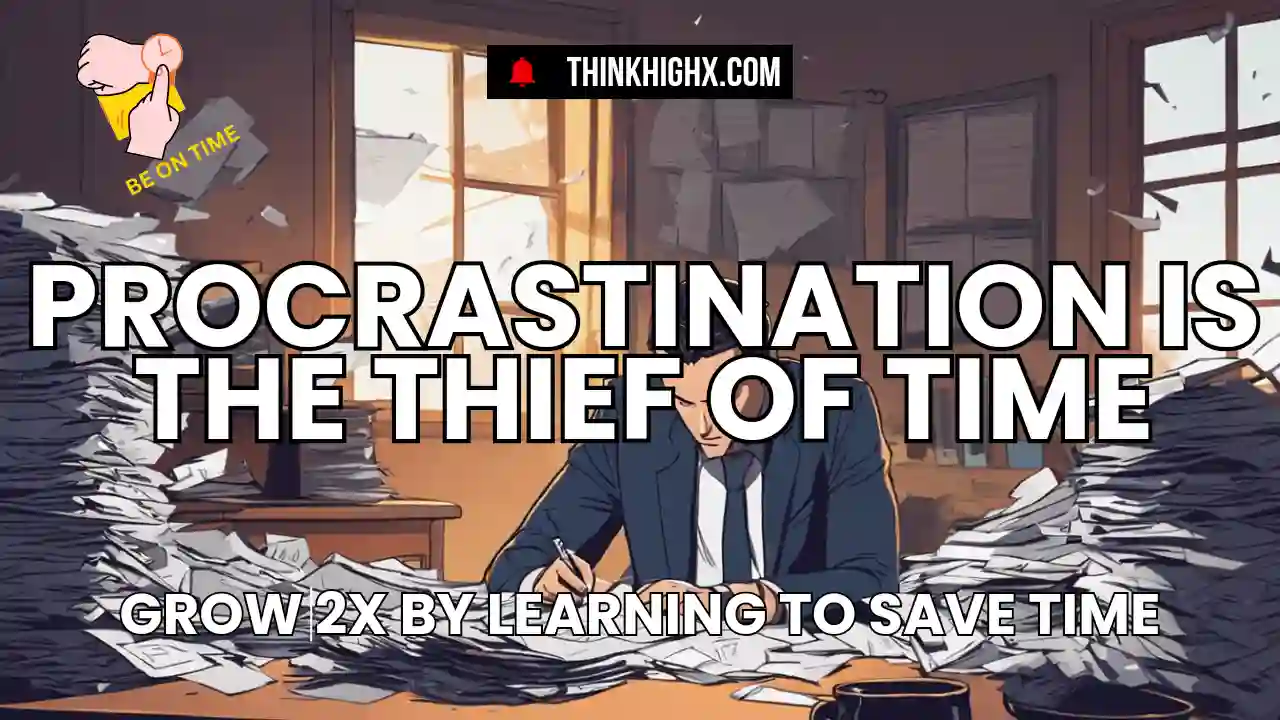Importance of The Science of Self-Learning: Independent Growth

"Self-education is, I firmly believe, the only kind of education there is."
Isaac Asimov
Table of Contents
Introduction to the science of self learning
Do you know what makes some people grow and achieve success even when they face many difficulties? It is because they have learned Mastering The science of self-learning. This is the ability to develop yourself without depending on others. It means you can take control of your learning and growth, which will help you in all parts of life. Today, I will show you how you can do this.
In this article, I will guide you through the key strategies and tips on Mastering The science of self-learning. We will explore the steps you need to take to grow by yourself and learn how to overcome challenges. This is not just information; it is about showing you how to become a better person step-by-step.
If you want to know how successful people grow and achieve their goals, this is for you. Keep reading because by the end of this article, you will have a clear understanding of how you can also start your journey of self-learning. You will learn how to build new skills, set personal goals, and use the latest tools for self-improvement. So, let us begin the journey of mastering self-learning.
Understanding science of self-learning
is Self-Learning?
Self-Learning means learning and growing on your own without depending on others. It is about being self-reliant. In today’s world, many things change quickly. To keep up, you must be able to learn new things on your own. It is not only about knowledge but also about building skills that will help you in your personal and professional life. Self-Learning is a way to prepare yourself for the future.
Being independent in learning means you do not wait for someone to teach you. You take the first step by yourself. It shows that you are serious about improving yourself. This attitude can help you become successful in any field.
Why Self-learning Matters
Self-learning and personal development are very important for long-term success. When you grow independently, you develop skills like discipline, focus, and problem-solving. These skills are useful for achieving any goal. By mastering self-learning, you can face challenges confidently. You will not have to depend on others for guidance because you will know how to find solutions by yourself.
The benefits of mastering science of self-learning are many. You become more adaptable and ready for changes. You can set your own path instead of following what others say. This kind of growth can lead to a fulfilling life, where you are in control of your destiny.
Watch: The Benefit of Self-Learning
The Journey of a Self-Made Achiever
Let us look at the inspiring story of Elon Musk, one of the world’s most successful entrepreneurs. Musk is the founder of several companies, including SpaceX and Tesla. However, his path to success was not smooth. Born in South Africa, Musk faced challenges from a young age. He was often bullied in school and found it difficult to fit in. But instead of letting these obstacles hold him back, he turned to books and taught himself how to code at the age of 12.
Musk’s journey to mastering the science of self-learning is a powerful example of self-reliance. When he moved to the United States, he worked extremely hard and took risks to create his companies. He did not have a manual for how to build electric cars or launch rockets, but he believed in his ability to learn. He continuously educated himself in areas like engineering and physics, even though he did not have formal training in them.
The key takeaway from Musk’s story is that self-learning comes from persistence and a willingness to learn new things. He showed that, by being curious and driven, anyone can overcome difficulties and achieve great things. Musk’s success teaches us that self-reliance is not about having all the answers but about being confident in your ability to find them.
Key Strategies for Self-Learning
Embrace Lifelong Learning
One of the most important aspects of self-learning is the habit of lifelong learning. Lifelong learners are always seeking knowledge, whether through books, online courses, or personal experiences. It is not enough to stop learning after school. You need to keep growing, no matter your age or career.
To build this habit, start by setting aside time every day to learn something new. It could be reading a chapter from a book, watching a tutorial, or practicing a new skill. Make learning a part of your daily routine, just like eating or sleeping. Over time, this will become second nature. You can also join groups or communities of learners who share the same interests to stay motivated and inspired.
Set Clear, Personal Goals
Without clear goals, it is hard to measure your progress. Setting personal goals gives you direction and purpose. These goals should be specific, achievable, and aligned with your personal values. For example, if you want to become better at public speaking, your goal might be to give a short speech at a local event within the next three months.
Personal goals are essential for self-discipline and growth. When you have something to aim for, it is easier to stay focused and motivated. Break your big goals into smaller, manageable steps. Each small achievement will give you the confidence to keep moving forward.
Self-Discipline and Motivation
Self-learning requires a strong sense of self-discipline. Without it, even the best plans can fall apart. Self-discipline means doing what needs to be done, even when you do not feel like it. It is about sticking to your commitments, whether it is learning a new skill or achieving a personal goal.
To stay disciplined, it helps to create a routine that you follow every day. Reward yourself for small victories, and do not be too hard on yourself if things do not go as planned. Motivation can come and go, but with discipline, you will keep making progress. Stay focused on why you started, and remind yourself of the benefits that self-learning will bring to your life.
How Technology is Shaping Self-learning
Technology has transformed the way we approach self-learning. In the past, learning often required attending physical classes or having access to specialized resources. Now, with the rise of online courses, educational apps, and digital platforms, anyone can learn anything from anywhere. Platforms like Coursera, Khan Academy, and Udemy offer courses on almost every subject imaginable. These resources have made self-learning more accessible than ever before.
Beyond traditional courses, apps like Duolingo for language learning, or productivity tools like Evernote, have empowered individuals to grow at their own pace. You can use these tools to stay organized, track your progress, and learn on the go. With the right technology, the barriers to self-learning are significantly reduced. It is essential to embrace these resources and use them to fuel your journey of self-development.
Practical Insights for Self-learning
Mastering self-learning is a process that requires patience and persistence. Here is a simple step-by-step guide that can help you get started:
- Identify Your Passion: First, figure out what you are passionate about. This will give you a direction for your learning journey.
- Set Clear Goals: Once you know your passion, set specific, achievable goals. Break them into smaller tasks to make the process less overwhelming.
- Create a Learning Plan: Outline how you will achieve your goals. This could include taking online courses, reading books, or practicing a new skill daily.
- Dedicate Time: Consistency is key to self-learning. Dedicate time each day to learning, even if it is just 15 minutes.
- Evaluate Progress: Regularly check your progress. Adjust your approach, if necessary, but keep moving forward.
In my own journey, I have found that setting aside time in the morning for learning is the most effective. One case study that comes to mind is the story of a friend who taught herself graphic design using free online courses. She started with basic tutorials, practiced consistently, and within a year, had enough skills to start her own freelance business.
Overcoming Challenges
Self-learning comes with its own set of challenges. You may face setbacks, self-doubt, or even burnout. However, building resilience is key to overcoming these obstacles. When you encounter a challenge, remind yourself why you started. Focus on the long-term benefits rather than short-term frustrations.
Perseverance is another important quality. There will be times when progress feels slow or non-existent. In these moments, it is essential to keep pushing forward. Surround yourself with supportive people, whether they are friends, mentors, or online communities, to stay motivated.
Conclusion to the science of self-learning
Mastering the science of self-learning is one of the most valuable skills you can develop. It allows you to take control of your learning, adapt to changes, and grow both personally and professionally. Throughout this article, we have explored the role of technology, strategies for self-improvement, and the future of self-learning.
The key takeaways are clear: embrace lifelong learning, set personal goals, and cultivate self-discipline. Self-learning is not always easy, but with persistence and the right mindset, it is achievable. Now is the perfect time to start your journey towards self-reliance and growth. I encourage you to apply these insights, explore the resources mentioned, and take the first step toward mastering your own growth. Stay curious, stay dedicated, and the results will follow.
Additional Resources
Books:
- “Mindset: The New Psychology of Success” by Carol S. Dweck: This book is a must-read for anyone looking to develop a growth mindset. Dweck explains the difference between a fixed and growth mindset and how embracing the latter can fuel personal development.
- “Atomic Habits” by James Clear: This book offers practical advice on how to build good habits and break bad ones. It is perfect for those looking to develop self-discipline and achieve long-term goals.
- “Grit: The Power of Passion and Perseverance” by Angela Duckworth: In this book, Duckworth explores the importance of grit in achieving success. It is a great resource for anyone who wants to understand how perseverance leads to growth.
Online Resources:
Apps
- Coursera: Offers a wide range of courses on various topics, from computer science to personal development. Coursera provides access to top universities and educators from around the world.
- Khan Academy: This platform is excellent for free educational resources, covering subjects like math, science, and economics. It is perfect for self-learners looking to build foundational knowledge.
- edX: edX provides access to high-quality courses from institutions like Harvard and MIT. Whether you want to learn about data science or psychology, this platform offers a vast selection of courses.
- Duolingo: A language-learning app that makes learning fun and easy. It is ideal for people looking to expand their language skills at their own pace.
- Evernote: This productivity app helps you organize your notes, track progress, and stay on top of your learning goals. It is a great tool for those who want to streamline their self-learning journey.
- Forest: Forest is a productivity app that helps you stay focused. By growing virtual trees while you work, it encourages you to stay off distractions like social media
Related Keywords:
Self-reliance and personal development; Lifelong learning strategies; Goal setting for personal growth; Building self-discipline and motivation; Leveraging technology for self-learning
FAQs (Frequently Asked Questions)
What is the concept of self-learning?
Self-learning is the process of acquiring knowledge or skills independently without relying on formal instruction. It involves taking responsibility for your own education by exploring resources, setting goals, and learning at your own pace. This method encourages curiosity, critical thinking, and continuous improvement, making it a vital tool for personal growth and development.
What is an example of self-learning?
An example of self-learning could be teaching yourself a new language using online resources like videos, apps, or books. Instead of attending classes, you take the initiative to study vocabulary, practice speaking, and immerse yourself in the language environment, gradually improving through self-directed efforts.
How do I start self-learning?
To start self-learning, first identify what you want to learn. Set clear goals, gather learning materials such as books, courses, or videos, and create a study plan. Break the topic into manageable parts and study consistently. Track your progress, stay motivated, and apply what you learn through practical exercises or projects.
How to self-study science?
Begin by choosing a specific area of science you are interested in. Gather textbooks, online courses, and videos. Start with the basics and gradually move to advanced topics. Conduct experiments or solve problems to apply the knowledge. Join online forums or communities to discuss concepts and gain further understanding.
Why is self-learning difficult?
Self-learning can be difficult due to the lack of external structure, guidance, or accountability. It requires strong self-discipline, motivation, and the ability to manage time effectively. The learner must also be resourceful in finding accurate information and overcoming challenges without formal support, making persistence and adaptability crucial.
What is the scope of self-learning?
The scope of self-learning is vast, covering nearly every subject or skill imaginable. From technical subjects like coding or science to creative pursuits like writing or art, self-learning empowers individuals to explore, grow, and master any field. It is highly adaptable and supports lifelong learning in both personal and professional contexts.
How to do a self-study?
To self-study effectively, choose a specific topic, gather reliable resources, and create a study schedule. Break the material into smaller, focused sections. Study consistently, take notes, and regularly review key concepts. Apply your knowledge practically and test yourself to reinforce learning. Stay disciplined and motivated to reach your goals.


